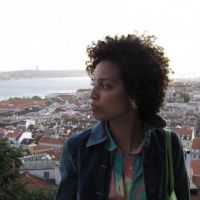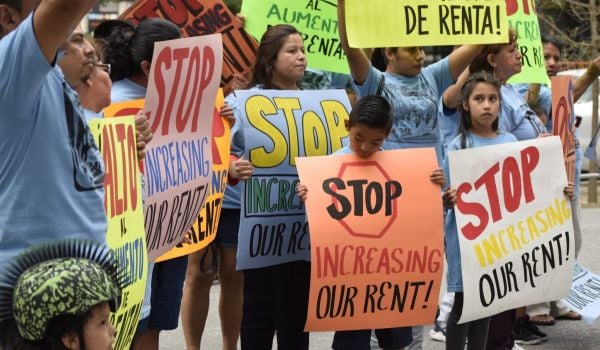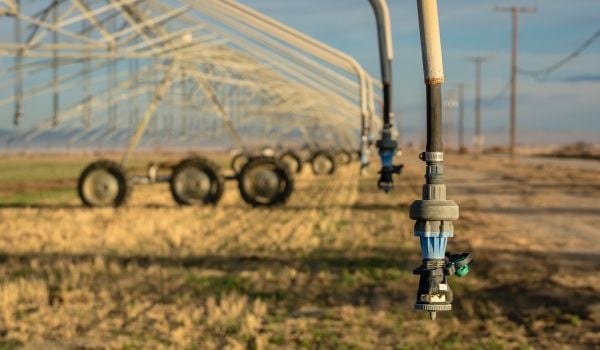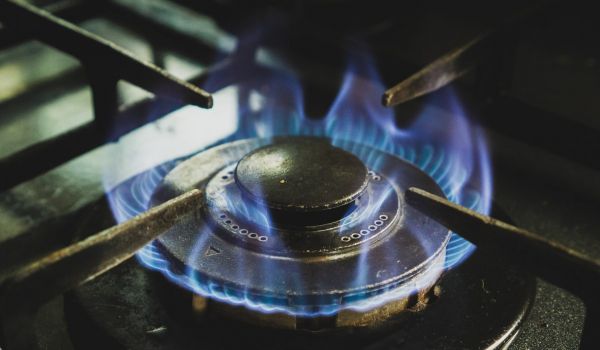The road to environmental utopia is bumpy one. While the natural environment is incredibly resilient, so too is it fragile. Measures that halt pollution of one sort can increase pollution of another. Such is the case with coal-fired power plants. As it turns out, the required emissions-lowering technology at U.S. plants has increased heavy metal contaminants in water discharged by the plants. Those metals include mercury, lead, selenium and cadmium. An EPA preliminary study found that few U.S. power plants were using the available technologies to remove metals and other pollutants before they are released into waterways. Earlier this month, the EPA announced plans to limit these toxic metals before they make it to waterways. This is the agency’s first attempt to regulate such a matter in nearly 30 years.
The source of the water pollution by U.S. power plants is twofold. One is scrubbers, a technology that strips burning coal of its sulfur-dioxide gases before releasing a smokestack into the air. The other source is coal ash storage ponds. After coal is burned, the ashes, which can include heavy metals and other toxics, must be sequestered into storage. There are nearly 600 sites in 35 states, according to a federal survey. Yet, regulations do not yet exist for the coal ash storage and disposal. However, last year’s notorious coal ash disaster in Tennessee, which damaged homes, flooded hundreds of acres of land and killed fish in local rivers, brought coal waste to the nation’s attention, and put pressure on the EPA to find out how coal companies are storing their waste.
EPA administrator Lisa Jackson is pushing to get new rules set for power plant releases into waterways before the agency’s set date of 2012.

Hamida Kinge has written about everything from food security to ocean acidification to luxury cell phones. She was a 2009 fellow of the Scripps Howard Institute on the Environment and a 2008/09 reporting fellow of the Metcalf Institute for Marine & Environmental Reporting. She has contributed to Next American City, Grist, Philadelphia City Paper and U.R.B. domestically as well as Europe-based magazines Essential Macau and Straight No Chaser. For the past year, she has been teaching English as a foreign language to international students and business professionals. Hamida has also been a volunteer English tutor for the International Center in New York.















